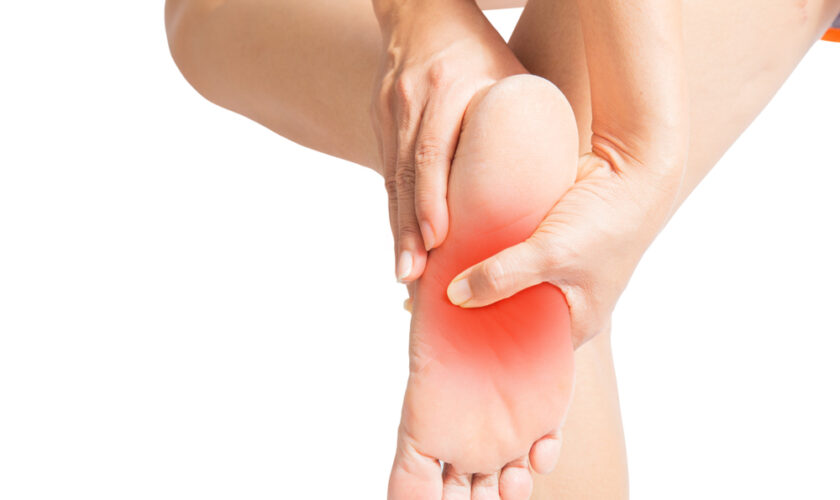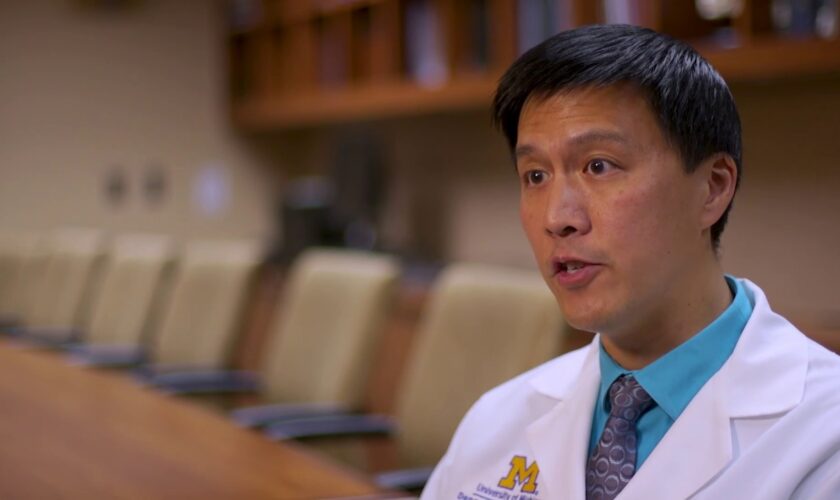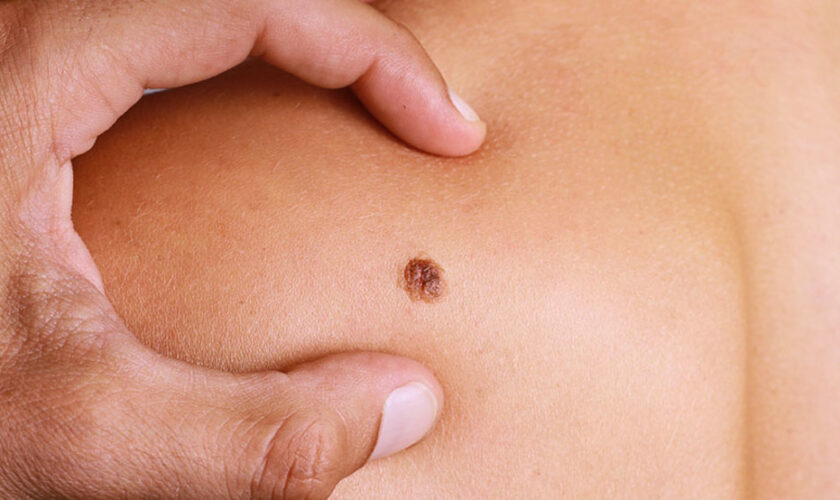Neuropathy refers to conditions resulting from disorders of the nervous system. Disorders result in the loss or impairment of sensation, motion, gland, or organ function. Neuropathy is caused by many factors, including genetics, alcoholism, poor diet, injury, or toxicity. Neuropathy can be chronic or temporary, depending on the cause. While the development of neuropathy is not preventable, you can manage it by maintaining a healthy diet and avoiding toxins and heavy metals. By adopting positive health habits such as exercising regularly and medicating any underlying conditions, we can reduce our risk of developing this debilitating disease. If you have symptoms, you should see a Glen Rock neuropathy specialist for proper diagnosis and treatment.
Symptoms of Neuropathy
There are over 100 types of neuropathy. Symptoms vary depending on the type of neuropathy.
The most common type is idiopathic polyneuropathy which affects the arms and legs, causing muscle weakness, pain, numbness, tingling, and burning sensations in the hands and feet. These often go away after resting for a while, but they can be so painful you cannot sleep. People with this type of neuropathy also may have difficulty walking.
Other types include autonomic neuropathy, which affects the nervous system that controls your body’s automatic functions, such as heart rate and digestion. Sensory nerve damage causes pain, tingling, numbness, and mononeuropathy, which is nerve damage causing pain and weakness in a single limb.
Symptoms depend on the type of neuropathy and where it occurs:
- Pain, numbness, or tingling (pins and needles)
- Muscle weakness affecting foot control, hand coordination, or arm strength. Common symptoms include difficulty with stairs, standing, getting dressed, and holding things.
- Fatigue – often accompanied by altered sensation in the feet or hands.
- A sensation of “pins and needles” (paresthesia) or burning pain (paraesthesia), typically affecting both sides of your body at once
- Numbness, tingling, or weakness in an arm or leg, especially the feet or legs
- Problems with balance and physical coordination (ataxia)
- Speech problems, including slurring (dysarthria), breathlessness or hoarseness (dysphonia), or difficulty swallowing (dysphagia)
- Constipation, urine retention, impotence in men
Causes of Neuropathy
There are different causes of neuropathy. However, most people develop the condition due to a combination of genetics and lifestyle factors. Risk factors for neuropathy include:
- Family history of diabetes
- Previous diagnosis of diabetes or high blood pressure
- Overweight
- Tobacco use
- Excessive alcohol consumption
In some cases, neuropathy is triggered by an underlying medical condition such as hyperthyroidism, hypothyroidism, vitamin B12 deficiency, kidney problems, or arthritis. In other cases, however, you can find no cause.
Treatment Options
Neuropathy treatments depend on the cause and type of neuropathy. Some treatments relieve symptoms temporarily while others reduce or stop disease progression. Treatments include medicines, such as pain medicine and antidepressants to reduce or prevent pain and other symptoms. Physical therapy and exercise can also help keep muscles strong and flexible. If you have muscle weakness and coordination problems, your doctor may recommend occupational therapy.
To summarize, neuropathy is a group of conditions resulting from disorders of the nervous system. The symptoms vary depending on the type of neuropathy. Many people develop the disease due to a combination of lifestyle and genetic factors. The treatments vary depending on the cause and style of your neuropathy.



